Depending on where you live in the world, a typical “coffee” is a drink that comes in a full cup (about 160ml). And if that is the case you make have heard of espresso but have not actually tried one.
This is the typical situation in Japan. The drink that is referred to as “coffee” is usually some form of filter coffee or americano. Most people have not had an actual standalone espresso. They have had espresso as a part of a drink in say a latte, but not espresso on its own.
Roughly speaking, an espresso is a highly concentrated strong coffee, usually served in a tiny cup. So technically, the title of this post doesn’t make much sense, since espresso is a a type of coffee.
I’m sure most people know this much. And this isn’t what you are here for.
The key difference between a filter coffee, is the way extraction occurs. Filter coffee is extracted by pouring water over the coffee grounds and let them fall by gravity. Espresso on the other hand uses pressure to force water through much finer ground coffee. This pressure enables high extraction with very little amount of liquids, which allows for the characteristic high concentration of espresso. Typically espresso is around 10% more concentrated than filter coffee.
Let’s look in to a bit more detail.
How different are their concentrations?
Filter coffee is the most common way to brew coffee in Japan. It comes in about 160ml servings, which is a full normal cup. Its concentration is similar to tea.
There are many other ways of brewing coffee which have similar concentrations. French press, syphons, aero press, all produce similar strength coffees. (For a bit more detail about different types of brewers, jump to this page) For convenience I will refer to the coffee produced by these brewers, as coffee, in this post.
As a rough guide, you usually use about 10g of coffee beans for 150ml of water. The coffee that is brewed is about 99% water, and 1% is stuff that is extracted from the coffee beans.
Espresso uses about 7g of beans for a 15ml shot. The brewed espresso is about 90% water and 10% dissolved substances from the coffee beans.
So this means espresso is usually about 5 ~10 times more concentrated than coffee.
They are both coffee based drinks, but you get very different drinks.
What about the caffeine content?
A question that gets often asked is, does espresso contain more caffeine than coffee.
Of course if you drink the same amount of coffee and espresso, you will get much more caffeine from the higher concentrated espresso.
But you never do.
Comparing typical servings of each, coffee and espresso have similar caffeine amounts. (Either way, you will have to watch out that you don’t drink too much)
How does this concentration difference come about?
As I wrote in the beginning, the key difference is pressure.
Filter coffee lets water just fall through the coffee grounds.
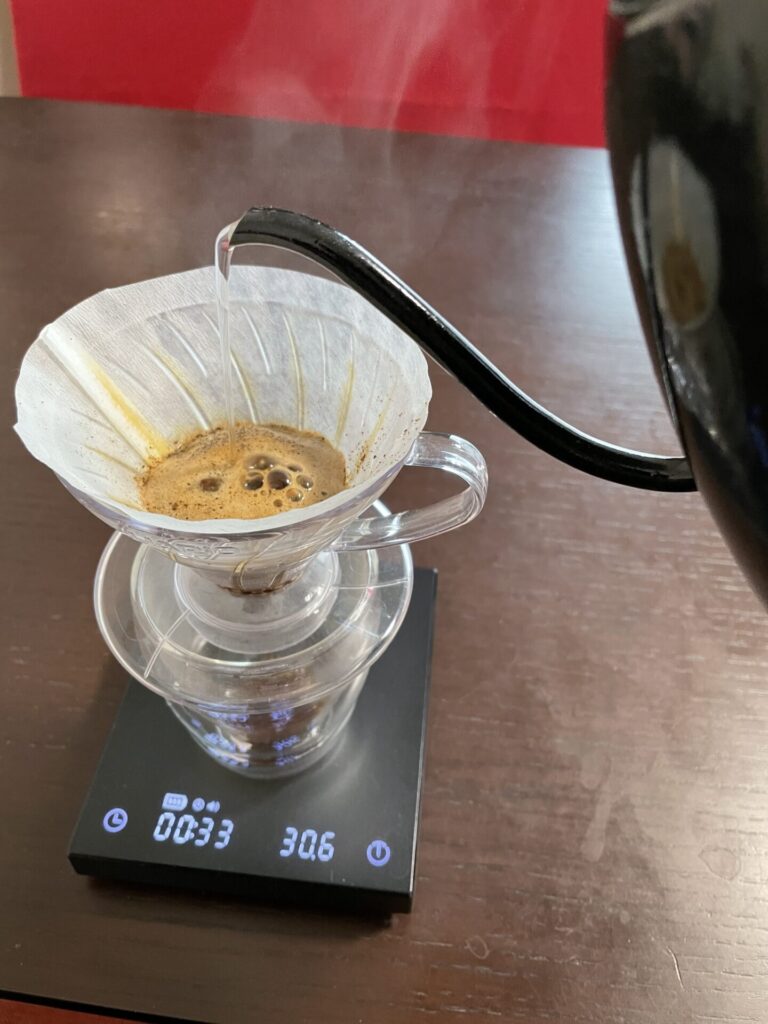
In espresso, pressure water is used to push water through a bed of finely ground and compacted coffee.
The extra energy from the pressure is what allows for a higher extraction with less liquid.
Typical pressures used in espresso brewing is about 9bars. When you consider that pressure cookers operate around 2 ~ 2.5 bars, you can see just how much pressure is being applied.
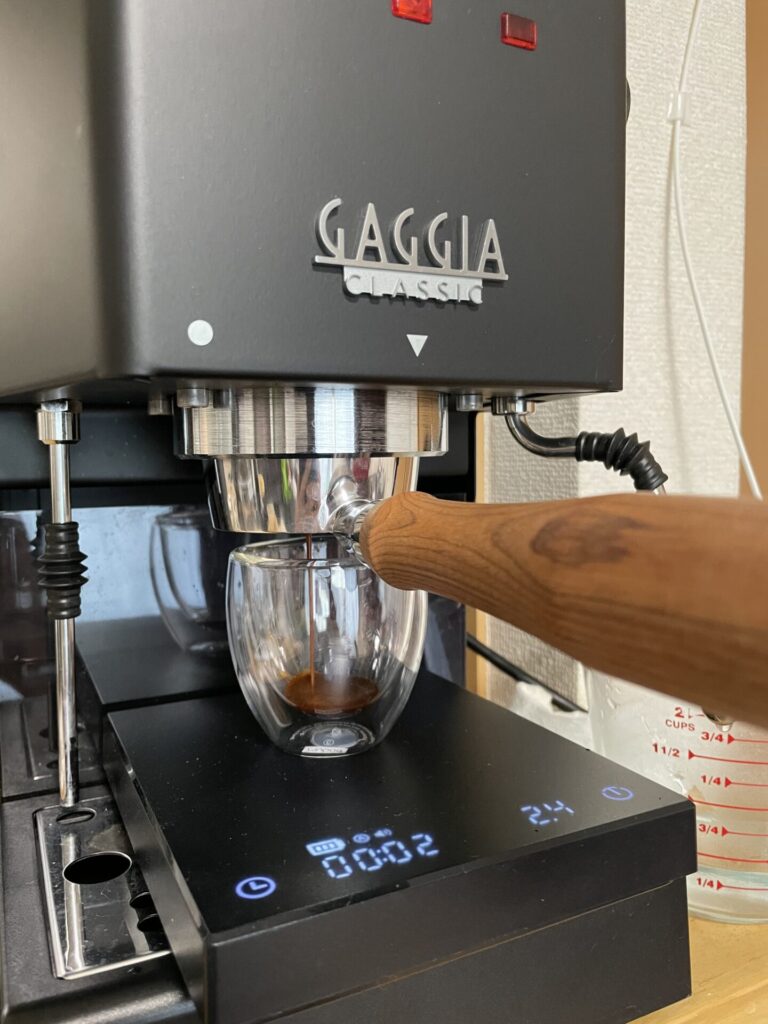
By applying pressure, you can use finer ground coffee. The finer the coffee is ground, the more surface area is exposed of the beans, which makes it easier to extract the materials from it.
With filter coffee where you rely on gravity, if the coffee is ground too fine, the water just does not fall through. The dripper will stall and you will end up waiting for ever for your coffee to fall. Since the grounds provide so much resistance, the water is just likely to bypass the coffee grounds through the side walls and ribs of the dripper.
With espresso, you can force the water to pass the bed of coffee. This allows for a finer grind and thus higher concetration
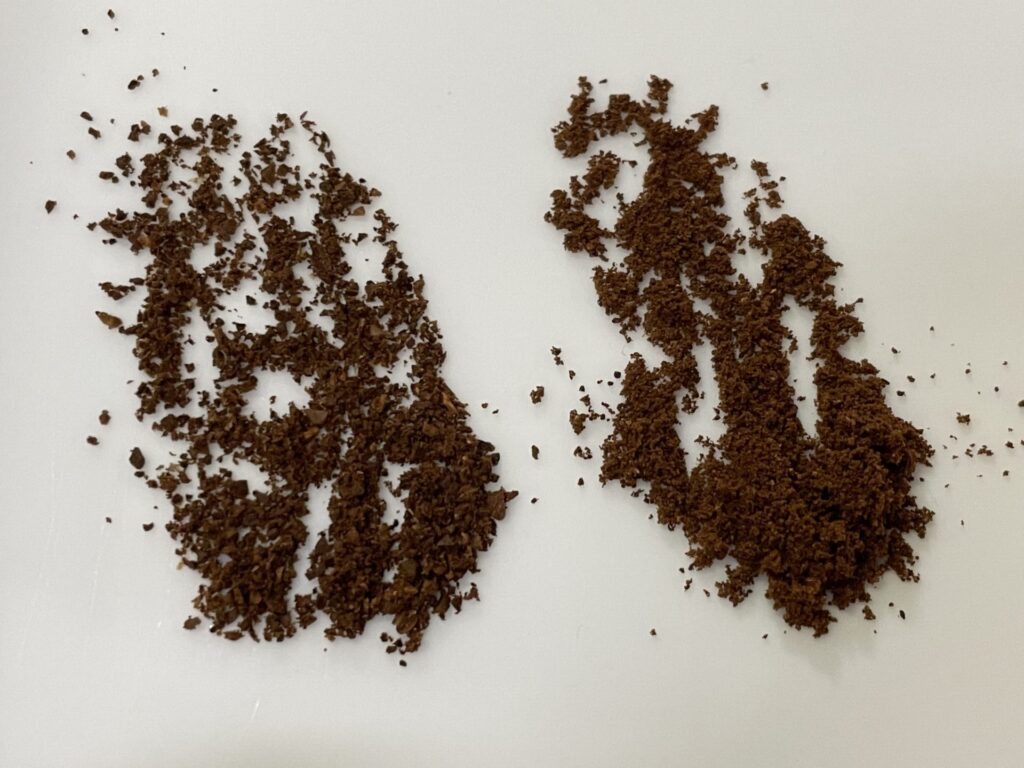
With filter coffee, about 1.5g of material gets dissolved in to the drink from 10g of beans, which is about 15%.
With espresso, the same 1.5g of material gets dissolved from 7g of beans, resulting ins a bit higher extraction of 20%.
How different does it taste?
I prepared a filter coffee and espresso using the same beans.
Technically the only difference is the water content. But they turn out to be very different drinks.
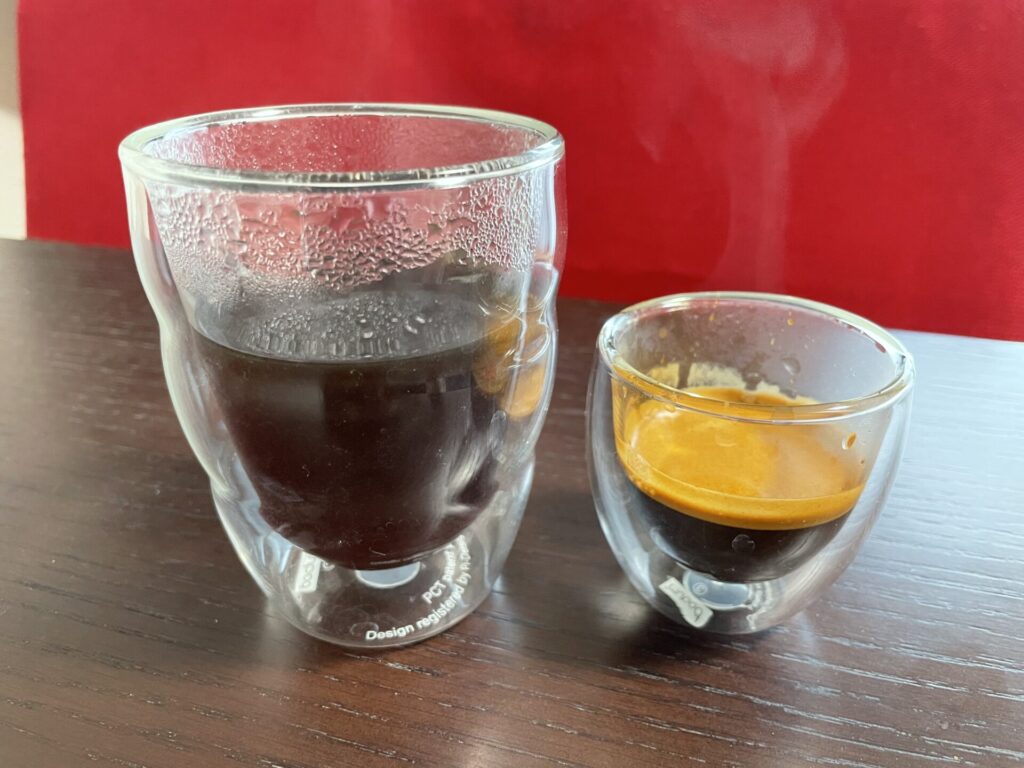
It goes without saying but the concentration is a night and day difference. Even a tiny sip of espresso is enough to really fill my mouth with a strong coffee flavor and aroma.
The bitterness, acidity and sweetness of a coffee depends a lot on the beans you use, so they will both have similar characteristics.
I feel that the espresso brewing method can affect the drink more than the filter coffee method.
In a sense filter coffee is more stable, and you can’t go too wrong with it.
But with espresso, if you don’t brew it right, you can easily end up with some undrinkable stuff.
The concentration is one thing, but the texture is another key difference.
Espresso has this silky and almost syrupy mouth feel. Filter coffee is pretty has the texture of water in comparison.
This viscosity of espresso can be seen in the way it falls from the basket.
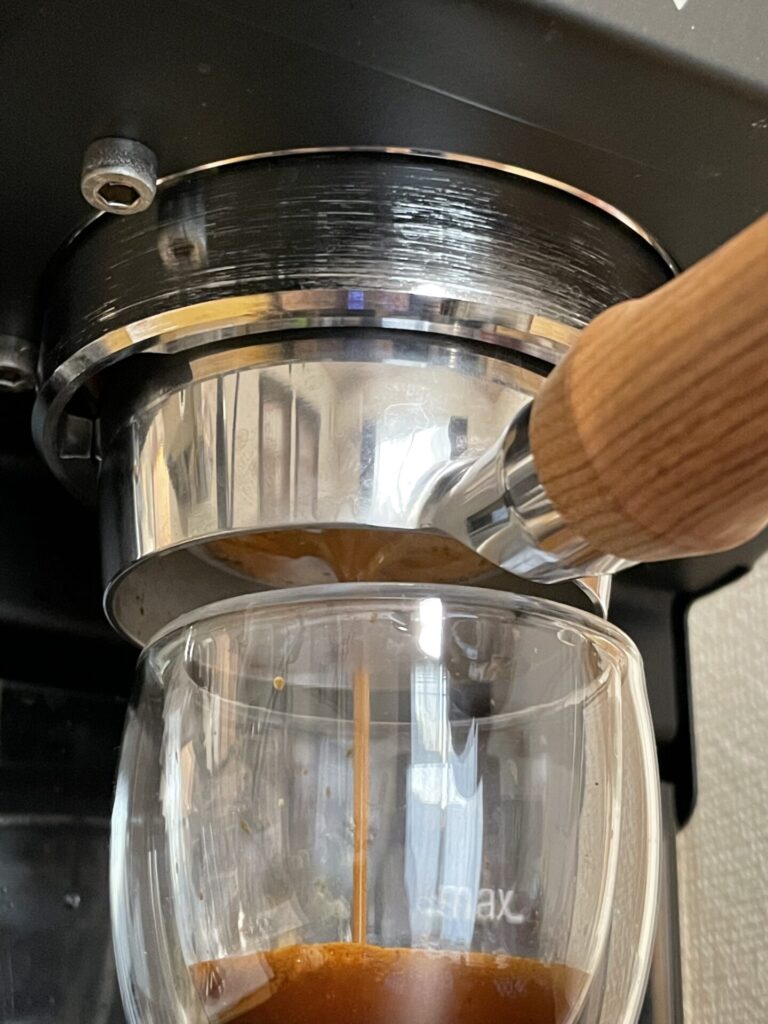
When you want a milk drink, espresso is the only way to go. You will end up with a much stronger coffee taste, and the drink wont get thin and watery.
You just cannot go back to adding milk to filter coffee, once you experience espresso with milk.
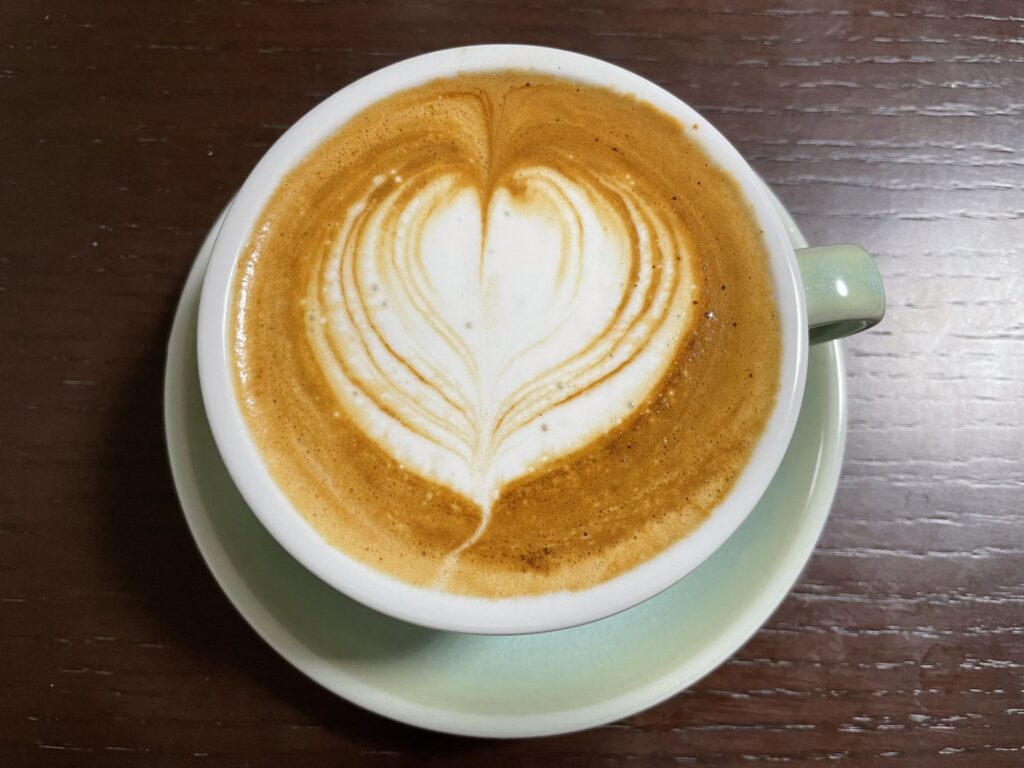
Difference as a hobby?
I brew coffee as a hobby. I believe that both filter and espresso have different appeals.
You can start brewing filter coffee very easily. The tools you need are very affordable, and with about $50 you will be able to gather a very decent filter coffee setup. (I did a post on how to start brewing coffee with different budgets here).
Filter coffee is known for its clarity, and is a very good way to compare different coffee beans.
The technique you need for brewing can be acquired relatively easily as well. You will get to 80% with in a few tries.
Espresso is quite a bit different.
The cost of starting espresso is much higher. You need an espresso machine to start, and an espresso capable grinder, all sorts of accessories. I expect you will need at least an $500 investment up front. That is a pretty tall order, unless you are already pretty deep in the coffee brewing hobby.
Espresso is obviously capable of bringing out the characteristics of the coffee beans. And I would argue that it is more capable compared to filter. With the high concentration, you can really experience the coffee bean at its fullest.
However the catch is, you need to get good at espresso brewing before you can do this. Getting 80% espressos will be much more difficult than filter, in terms of the skills you need to learn and perfect.
I think most people will start with filter coffee brewing. If you like that, you will start trying out different brew methods like the french press and mocha pots.
After a while you wont be able to resist the temptation to get into espresso brewing. (At least this is how I ended up here)
As a hobby I think espresso opens up so much possibility for experimentation and fiddling around. I had so much more stuff to do and play around with. I really am glad that I jumped in.


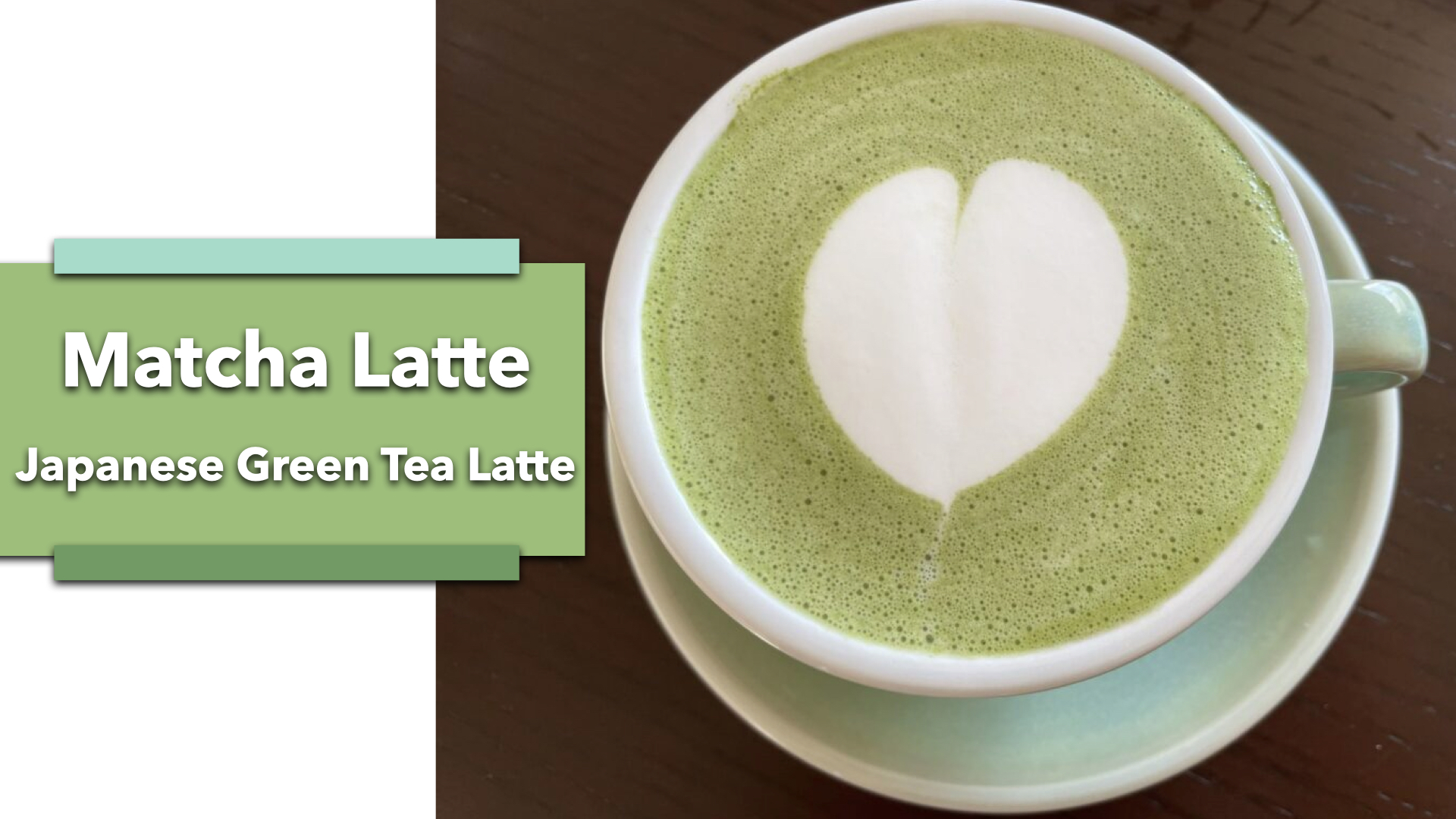
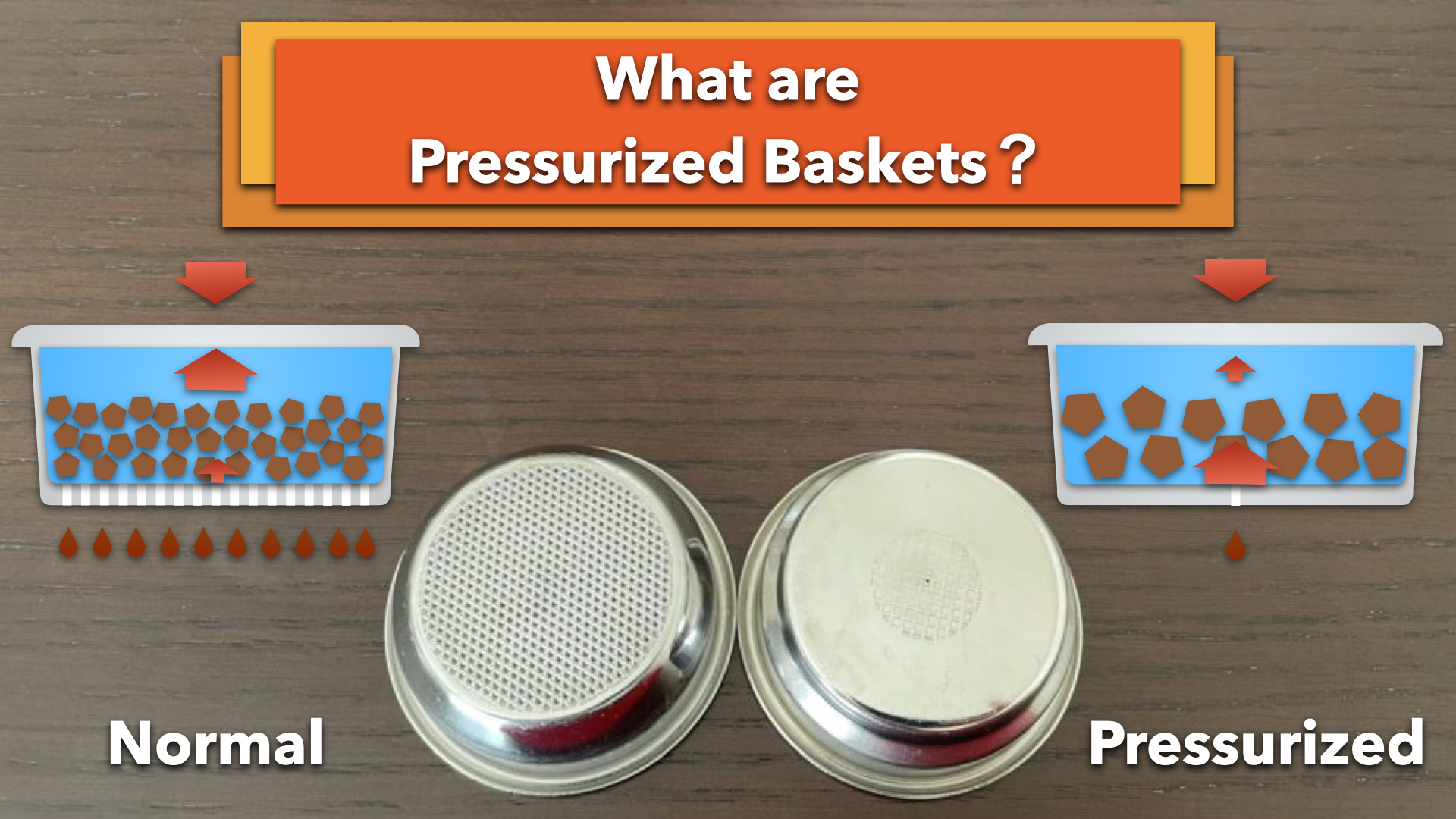
コメント